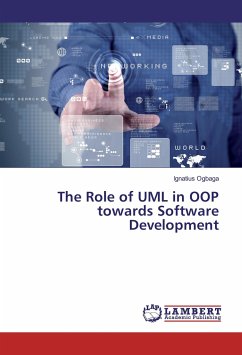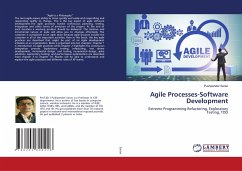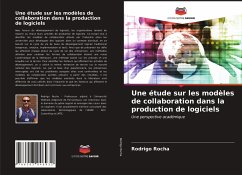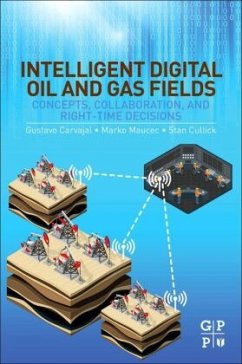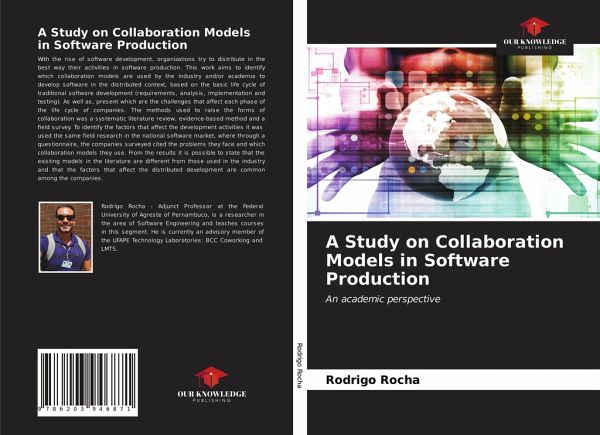
A Study on Collaboration Models in Software Production
An academic perspective
Versandkostenfrei!
Versandfertig in 6-10 Tagen
36,99 €
inkl. MwSt.

PAYBACK Punkte
18 °P sammeln!
With the rise of software development, organizations try to distribute in the best way their activities in software production. This work aims to identify which collaboration models are used by the industry and/or academia to develop software in the distributed context, based on the basic life cycle of traditional software development (requirements, analysis, implementation and testing). As well as, present which are the challenges that affect each phase of the life cycle of companies. The methods used to raise the forms of collaboration was a systematic literature review, evidence-based metho...
With the rise of software development, organizations try to distribute in the best way their activities in software production. This work aims to identify which collaboration models are used by the industry and/or academia to develop software in the distributed context, based on the basic life cycle of traditional software development (requirements, analysis, implementation and testing). As well as, present which are the challenges that affect each phase of the life cycle of companies. The methods used to raise the forms of collaboration was a systematic literature review, evidence-based method and a field survey. To identify the factors that affect the development activities it was used the same field research in the national software market, where through a questionnaire, the companies surveyed cited the problems they face and which collaboration models they use. From the results it is possible to state that the existing models in the literature are different from those used inthe industry and that the factors that affect the distributed development are common among the companies.




